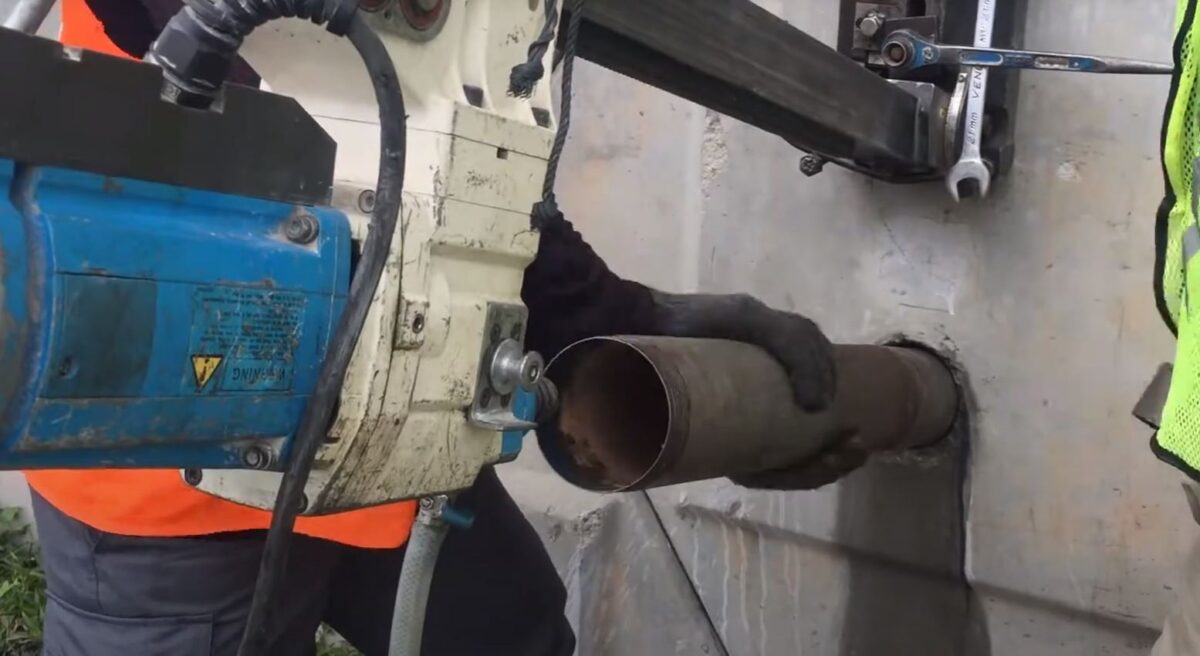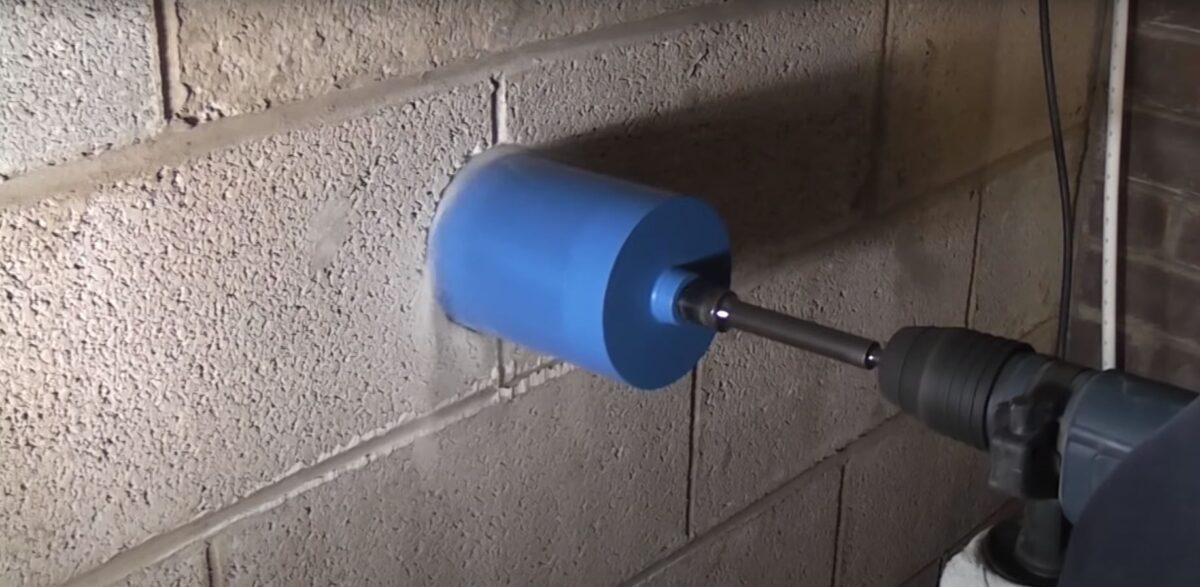Precision in Focus: Unravelling the Superiority of Core Drilling
The Science Behind Core Drilling
At its core (pun intended), core drilling relies on the use of a hollow cylindrical drill bit. This bit is fortified often with industrial diamonds, ensuring not just efficiency but longevity. The hollow centre ensures that a cylindrical core of the material being drilled is removed, providing a pristine, precise circular cut every time.
A Game of Precision and Efficiency
Core drilling offers several advantages over traditional drilling methods when it comes to accuracy:
- Uniformity: It guarantees holes of consistent diameter, which is pivotal for structural and design consistency.
- Depth Control: Operators have precise control over the depth, avoiding any under or over-drilling mishaps.
- Minimized Vibration: The machinery used produces minimal vibration, which means lesser chances of cracks or structural damages adjacent to the drilling site.
Why Traditional Methods Don’t Measure Up
Traditional drilling techniques, such as rotary drilling, can often lead to uneven hole edges. There’s also the risk of over-drilling or causing cracks due to excessive vibrations. For tasks that require pinpoint accuracy and a smooth finish, core drilling reigns supreme.
Navigating Auckland’s Regulatory Landscape
Drilling, like many construction activities, comes with its own set of bylaw requirements in Auckland. Specific suburbs, including Greenlane and Grey Lynn, may have additional noise or operational hour restrictions to ensure minimal disturbance to residents. Always ensure that your chosen drilling method and schedule align with regional council stipulations.
Advanced Technologies in Play
The realm of core drilling is not static. With technological advances:
- Rebar Detection: Modern core drills come equipped with rebar detectors ensuring that steel reinforcements are not unintentionally damaged during the drilling process.
- Automated Depth Control: Automation ensures that drilling stops at the precise intended depth, ensuring consistency, especially when multiple holes of the same depth are required.
- Vibration Dampening: Cutting-edge machinery now incorporates technology to dampen vibrations further, ensuring an even smoother drilling process.
Core Drilling Scenarios: A Comparative Analysis
| Task | Type of Concrete | Conditions | Preferred Method |
| Plumbing installations | Reinforced concrete | Indoor, confined space | Wet core drilling |
| Electrical conduit fittings | Pre-stressed concrete | Outdoor, open space | Dry core drilling |
| HVAC installations | Standard concrete | Basement level | Wet core drilling |
| Renovation fittings | Lightweight concrete | Upper floor, residential | Dry core drilling |
In Summary
Core drilling, with its precision, efficiency, and adaptability, stands out as the premier choice for creating clean circular cuts in concrete. Whether you’re renovating a residential space or installing critical utilities, this method, compliant with Auckland’s bylaws, promises results that other techniques can’t match.
Frequently Asked Questions about Core Drilling
Why choose core drilling over other methods?
Core drilling offers unparalleled precision and produces a clean, cylindrical cut. It ensures consistent diameter holes, gives depth control, and operates with minimal vibrations which reduces risks of structural damage.
Can core drilling cut through reinforced concrete?
Yes. Core drilling is efficient in cutting through both standard and reinforced concrete. The diamond-tipped drills used in the process can easily cut through steel reinforcements within the concrete.
Are there any size limitations with core drilling?
Core drilling is versatile and can cater to a variety of diameters. Whether you’re looking to drill a small hole for electrical conduits or a larger one for plumbing, core drilling has you covered. However, it’s essential to use the appropriate equipment and drill bit size for the job.
How does core drilling ensure minimal disruption in residential areas like Greenlane or Grey Lynn?
Modern core drilling equipment is designed to operate with reduced noise and vibrations. Moreover, when operating within specific suburbs with stringent bylaws, operators ensure adherence to permissible working hours and noise levels.
Is wet or dry core drilling better for indoor operations?
Wet core drilling is generally preferred for indoor operations as it helps in dust suppression. The water used in the process keeps the dust levels down, ensuring cleaner operations.

